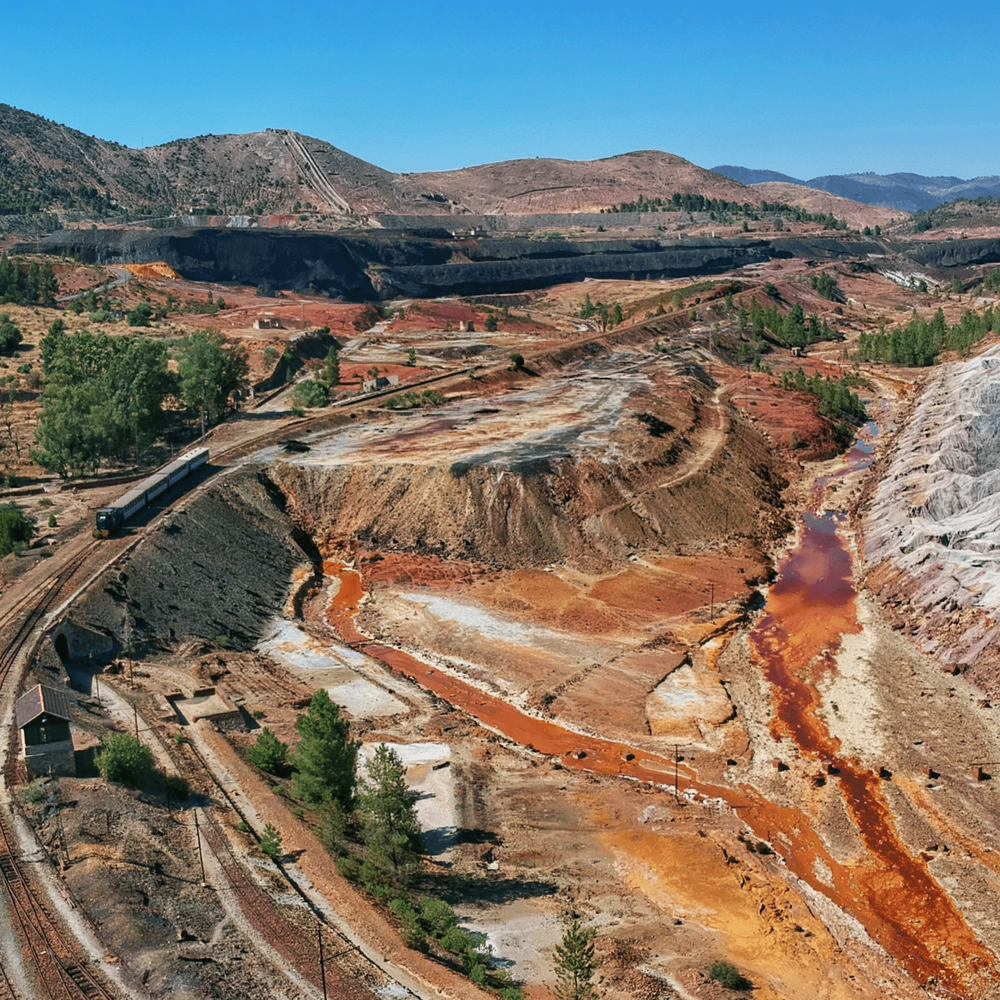Transition Minerals Tracker: Global analysis of human rights in the energy transition

Shutterstock (purchased)
Human rights and climate action are increasingly indivisible. As the climate crisis drives the search for new energy solutions, essential technology and approaches are becoming more readily available. However, the extraction of minerals vital for renewable energy technologies risks continuing and expanding abusive and unsustainable practices that have historically underpinned the extractives sector.
Business & Human Rights Resource Centre’s Transition Minerals Tracker is updated annually to monitor the human rights policies and practices of companies mining six key commodities vital to the clean energy transition: cobalt, copper, lithium, manganese, nickel and zinc. Extraction of these six minerals – core components for renewable energy technology – is expected to rise dramatically with growing demand for renewable energy technologies. Yet many of the companies producing these minerals are beset with allegations of human rights abuse. This global update analyses allegations of abuse from 2010 to 2021 and provides a snapshot of 2021 data. This year, we have also incorporated data from our Human Rights Defenders (HRDs) database to bring to light the connection between HRDs and the energy transition.
Key findings:
- The Tracker has identified a total of 495 allegations of human rights abuse from 2010 to 2021.
- In 2021, the Tracker identified 61 new allegations.
- One-third of allegations represent attacks against HRDs, making this the number one impact recorded in the Tracker, followed by water pollution.
- One-third of attacks against HRDs are against Indigenous peoples.
- Over two-thirds of all recorded allegations include just 12 companies, which are among the largest and most well-established of the extractive sector. This includes Grupo México, Codelco, BHP, Anglo American and Glencore.
The data demonstrates local communities and human rights defenders – essential to ensuring safe and secure processes – are facing the greatest risks from companies sourcing the transition minerals. As well as being a threat to achieving net zero, these abuses present significant reputational, legal and financial risks for the companies. Unless respect for human rights is embedded in mineral extraction, we will fail to ensure a just transition, putting people and planet at risk. Go to the Transition Minerals Tracker to search for allegation by company or project or to download the full dataset ➡️
Transition minerals are needed for the development and deployment of green technologies essential to achieving the goal of net zero by mid-century, and this is leading to a significant growth in exploration. To secure access and supply amid increasing geopolitical tensions, western governments are increasingly focusing on sources in the Global North. ‘You can’t eat lithium’ explores a concerning growth in allegations in these 'new frontiers' of extraction despite stronger regulatory frameworks—particularly regarding community consultation and consent. The briefing includes cases from Serbia, Spain, and the US, where affected communities are left asking whether promised economic or climate goals are worth their sacrifice. Rio Tinto has responded to the briefing.
Global analysis & briefing
Transition Minerals Tracker 2021: Global analysis
As our world struggles to build the necessary investment in transition to clean energy, our latest Transition Minerals Tracker update demonstrates investors and companies face substantial challenges to embed responsible practice in mineral extraction that is essential to underpin a just transition to clean energy.
"You can't eat lithium": Community consent and access to information in transition mineral mining exploration
Three recent case studies from Serbia, Spain and the USA demonstrate the community harm, hardening opposition to mining projects, and delays or suspensions that can occur when mining projects lack a social licence to operate.
Transition Minerals Tracker
Explore our data on allegations, mining projects and companies through the Transition Minerals Tracker